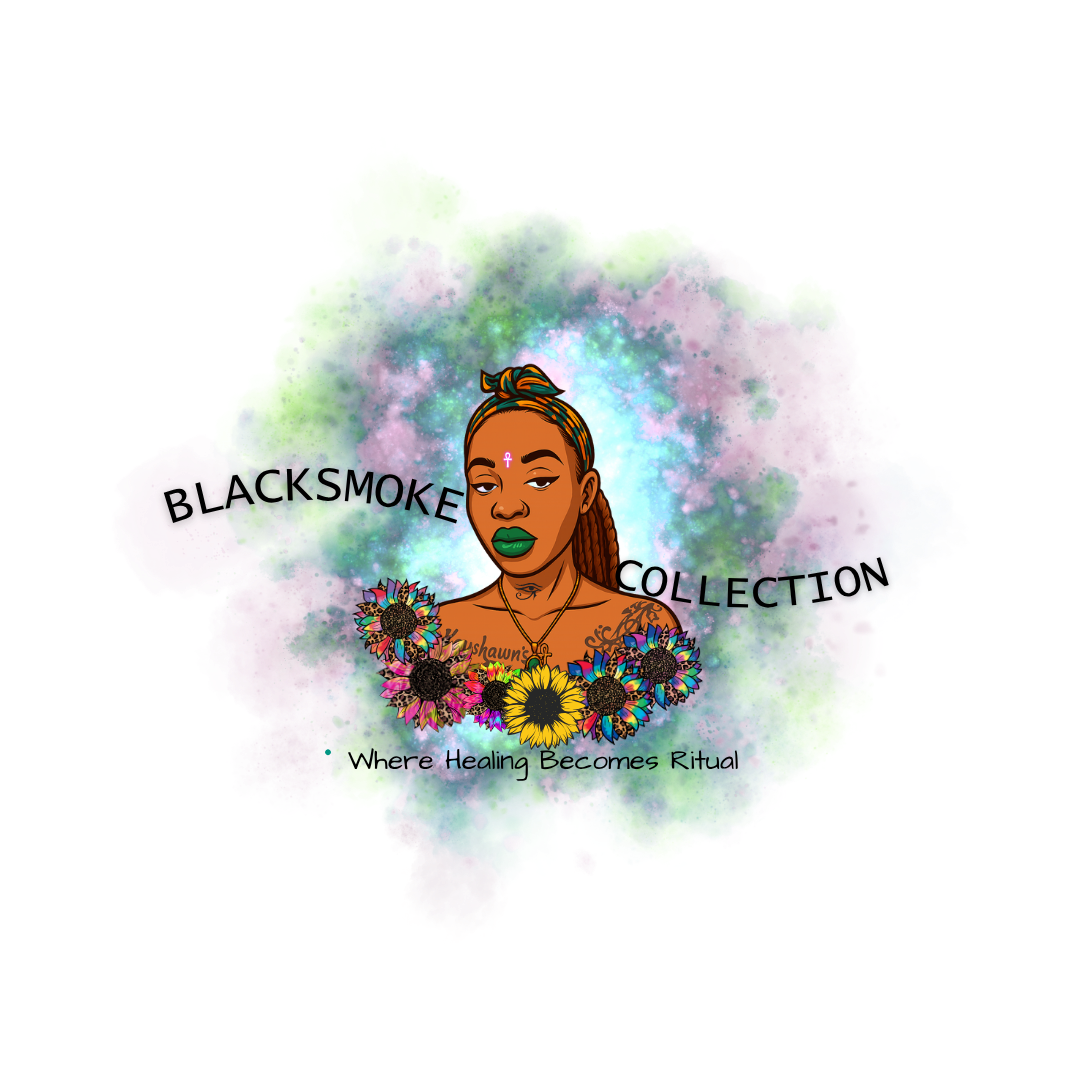Mental health is an important part of who we are. And for those of us raised by, dating, or close to someone with mental health conditions like bipolar disorder, depression, or anxiety — the journey can feel like a rollercoaster of emotions.
You may love them deeply. You may see their light, even in their darkest moments. But if you’re not careful, you can lose yourself trying to save them.
Let’s talk about it — with honesty, love, and a whole lot of compassion.
💔 What No One Tells You
- Being close to someone who struggles with mental health can cause emotional burnout.
- You might walk on eggshells, fearing their next mood or reaction.
- You may feel guilty for needing space or choosing yourself.
- You can get caught in cycles of caretaking, trying to fix what only they can heal.
Whether it's your parent, your partner, your sibling, or your best friend — mental illness doesn’t just affect the person who has it. It echoes into every relationship, especially when the proper support systems aren't in place.
⚠️ When It Becomes Dangerous to Your Peace
Sometimes love turns into survival. You might:
- Stop listening to your intuition because you're too focused on helping them
- Sacrifice your self-care, your goals, or your mental health
- Normalize emotional outbursts, manipulation, or neglect because “they’re not well”
- Feel trapped, confused, or guilty for wanting something healthier
If any of this sounds familiar, know that your feelings are valid. You’re not selfish for wanting peace. You’re not cold for needing boundaries. You are human — and your energy is sacred, too.
🛑 Your Healing Doesn’t Have to Be Their Responsibility — But Theirs Doesn’t Have to Be Yours Either
People with mental health challenges deserve love and compassion. But love does not mean enabling. It does not mean abandoning yourself. And it definitely does not mean accepting harm.
You can:
- Love someone and set boundaries
- Be present and protect your peace
- Offer compassion without sacrificing your wellbeing
If you're in a relationship where you constantly feel drained, scared, or silenced — it’s okay to step back. It’s okay to say “this is too much for me.”
💖 What Helps Me Stay Grounded
As someone who was raised by a mother with bipolar and now partners with someone who also experiences it, I’ve learned that holistic self-care is essential to my survival:
- Daily meditation to center my spirit
- Rest and solitude to clear my mind
- Shadow work + journaling to process my emotions
- Energy cleansing rituals to release what’s not mine
- Community support — because healing alone is hard
Loving someone with mental health issues requires balance. And that balance starts with YOU.
🌸 Final Words
Mental illness is real. It deserves understanding, empathy, and proper care. But so do you. You don’t have to carry someone else’s healing. You’re allowed to be whole, even when those you love are still on the path.
Let love be a bridge — not a burden.


